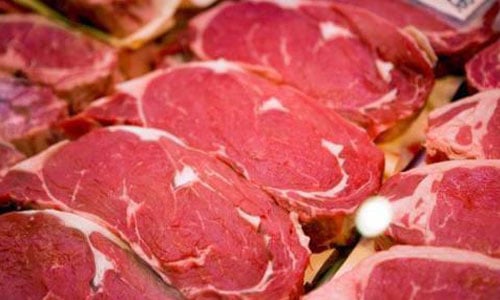
That Islam is not just a religion should no longer excite the sensibilities of the prejudiced and ignorant minds of the ignoble. Islam is a way of life with wide ranging principles and recommended practices that ultimately benefit the adherent. For instance, foods prohibited by Islam pose serious and proven health problems to populations worldwide. This article examines the underlying principles behind halal (permissible) foods, as opposed to the haram. These are expounded on in the [Holy] Qur’an, in the Hadith (the written record of the Holy Last Messenger’s Sayings – peace and blessing be upon him), the Sunnah (traditions) as well as what is commonly referred to as Fiqh (Islamic Jurisprudence). Fiqh is the understanding derived from religious and cultural renderings of Islamic Jurists.
Concept of Halal
The concept of halal foods is an illumination of the distaste of the Islamic religion to foods that are prohibited by Allah, foods obtained through haram means and foods that are harmful to the health of a human being. From the onset, it ought to be sufficiently emphasized that Islam places tremendous significance to the concept of cleanliness. By declaring certain foods unclean and unacceptable (haram), the idea is to take care of the adherents by stopping the use of potentially harmful foods.
The justification for the widespread acceptance of halal foods, besides the conventional quest to preserve the sanctity of the Islamic religion and adherents’ desire to obey Divine Commandments, is tied to a number of proven and scientifically logical conclusions. To begin with, halal foods protect you from health complications. What is commonly referred to as haram is often harmful, toxic, and poisonous. To amplify this concern, it has been found that most haram foods lead to the increased occurrences of heart related diseases. For instance, the consumption of unhealthy haram fats, haram meat and meat products, use of unclean slaughter facilities can all be considered a major contribution of the causes of heart diseases and thrombosis.
Halal foods are your friend
Eating, in Islam, is an expression of worship. It should, therefore, be done right. Besides one’s prayer being rejected, eating haram foods sets one on a path of self destruction, health problems relating to the heart, and ultimately death. Recent scientific findings attribute most deaths above the age of 45 to Coronary Heart Disease. Arguably, the disease is mainly caused by the consumption of unhealthy, unclean, and toxic foods— the very aspects that are absent from halal foods. It is the number one killer disease that can be significantly reduced if the idea behind halal gains the necessary threshold of acceptance.
The consumption of alcohol, on the other hand, is singularly responsible for the majority of cardiovascular disease occurrences. Interestingly, the disease is responsible for 32 percent of all deaths. Alcohol affects the pulse rate, blood pressure, and sturdiness of heart muscles. This, therefore, significantly increases chances of high blood pressure and associated complications such as stroke, dilated cardiomyopathy, increased cholesterol levels, arrhythmia, and heart failure among others.
Conclusion
It is logical that one should therefore be naturally inclined to halal foods in order to stay healthier— even if it’s not for religious purposes. Consume halal foods such as chicken, duck, turkey, quail, cattle, goat, sheep, rabbit, and venison. This must be slaughtered according to Islamic provisions and certified as clean.
Halal Expo





